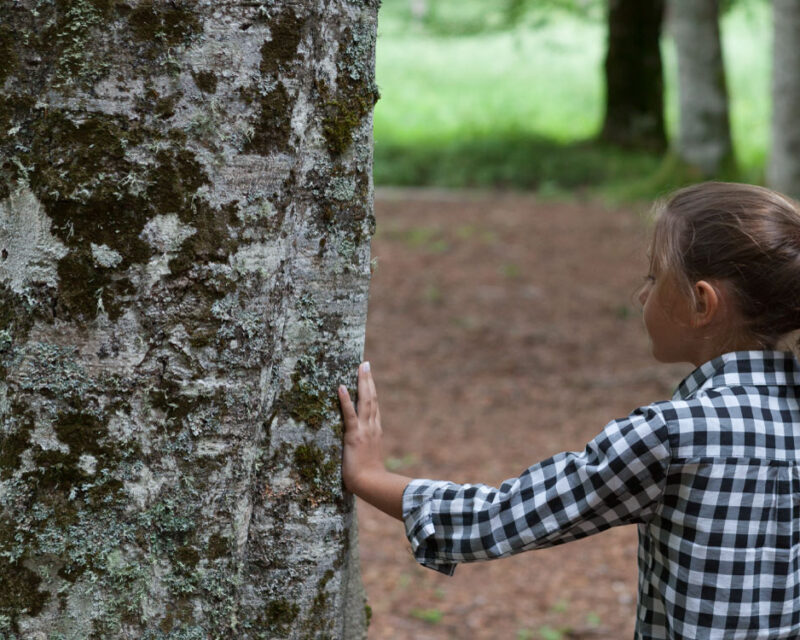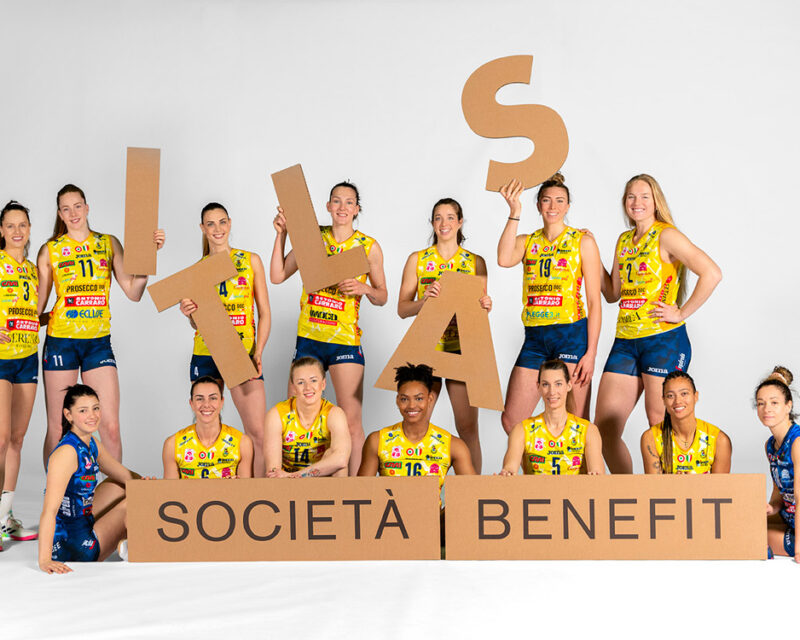Being the world leader chain as for sustainability – this is the goal, ambitious but not impossible, announced by FederlegnoArredo during the latest yearly meeting of the federation. The sector has the first Italian production centre in the North-East, where there is also hi president, Claudio Feltrin, proprietor of Arper.
If we look closely at the chain to see the progress along the route to sustainability and the role that wood-furniture has and should have in the ecological transition we can see encouraging signs. As for circular economy, FederlegnoArreda is among the most advanced in Europe, due to its virtuous behaviours – even if they aren’t systematized yet, as it was pointed out during the meeting. So, tracing a road map towards ecological transition for the whole sector becomes necessary and urgent, as well as turning environmental challenges into growth opportunities. This means mapping the progresses begun by member companies, from the supply chain to the production processes, from design to the end of products’ life.
“We meant to look ourselves in the mirror with a very pragmatic approach that could help us in focussing on our points of strength and on those we should work more. However – Claudio Feltrin says – we are fully aware that there is no going back. If sustainability is already at the core of a vertically integrated chain such as ours, for the single company ecological transition is an epochal turning point. Not seizing the opportunity could mean a self-exclusion from the market”.
In order to lead the member companies towards a fully sustainable and circular standard, FederlegnoArreda has drawn up a list of goals to be pursued “with the ambition to become an authoritative voice”. The project for the beginning of next year is that of making a list of the groups of actions to be undertaken and the progress indicators with which to monitor the ongoing path. “So as to be able to say, within the next five years, looking at numbers, that we really placed sustainability at the core of our action. FederlegnoArreda – declared its president – has the duty and the privilege of making the difference. Facing boldly the climate crisis is not only necessary – it is a great chance to make our economy and our society develop more on a human scale”.
A survey by Fondazione Symbola shows that Italian wood-furniture industry is the first in Europe as for circular economy and that it generates less emissions than all other big Countries: 26 kilos every thousand euro of production, compared to 43 by Germany, 49 by France, 79 by Great Britain and over 200 by Spain. More than this – almost the whole Italian production of chipboard panels is made completely with recycled wood. “There are all the conditions to be a protagonist in the challenge opened by EU and the Big Countries to zero dioxide emissions within 2050, starting from a well-established tradition” – so spoke Ermete Realacci, president of the Foundation.
The key points of the route that brings to such results are:
- the attention for the products’ life cycle, with the aim of extending its service and accordingly its sustainability;
- enhancement of sustainable raw materials;
- design approach extended to productive system and eco-design;
- the recovery of raw material and of energy, referred both to the actual productive activity and to the product themselves;
- the extension of the certifications, meant as a push towards sustainability
The survey carried out by Fondazione Symbola shows that 67% of Italian companies use materials or semi-processed goods made with recycled materials and that one upon four exceeds the percentage of 25%. Moreover, 81% of the companies uses timber worked in a sustainable way. A share that raises to 89% considering the companies of the wood sector. Even more: the wood-furniture world experiments new materials, cooperates frequently with research institutes and works combining the environmental sustainability principles with those aesthetical-functional of design.
Looking closely at the design phase (which contributes for the 80% of the environmental impact in the life cycle of a product) it is clear that 50% of the companies see as fundamental the reduction of packaging, recyclability of products and energy efficiency, while a third considers repairability and reuse to be fundamental in the circular economy. 64% of the companies have implemented actions to increase the efficiency of their production processes, reducing waste – more than half of them reuses their production waste. Moreover, in the latest three years 44% have taken steps to reduce water consumption, included the reuse of process waters.
As far as certifications are concerned, 60% of the companies viewed in the survey has gained ISO 9001 (quality), followed by FSC and PEFC (forests sustainable management) and ISO 14001 (environmental management system).
As for energy:60% get the needed power from renewable sources and 40% covers almost half their energy requirement with renewable sources. 50% declare that they choose their suppliers according to valuation criteria that take into account environmental issues. 74% declare that they use, at least in part, local raw materials, according to a short supply chain.



